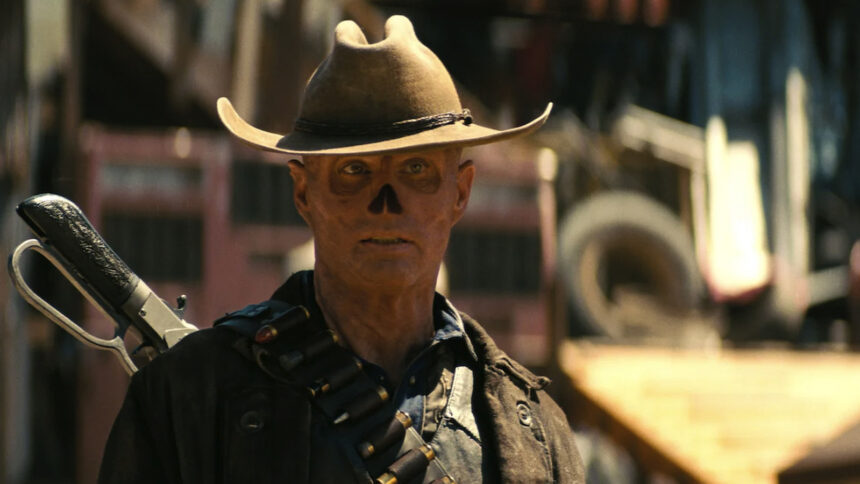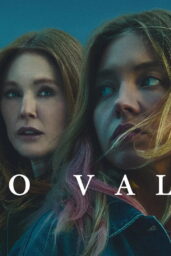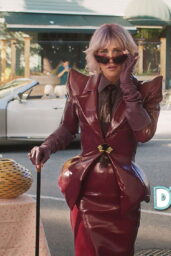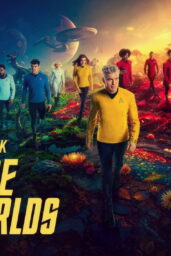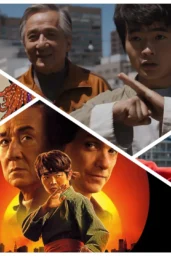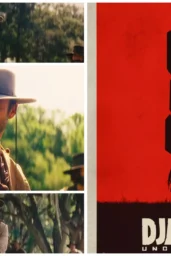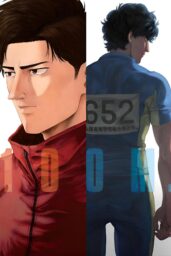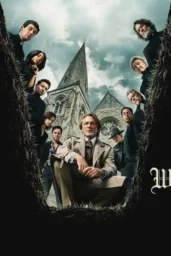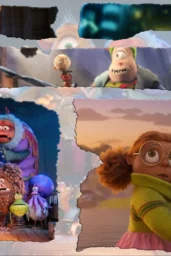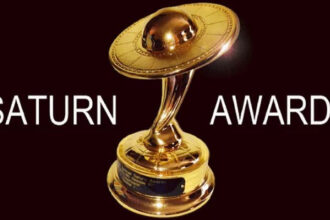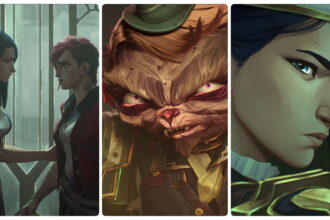Walton Goggins just ripped his face off. And no, that's not a metaphor.
In true Fallout fashion—equal parts grotesque, hilarious, and weirdly charming—Prime Video marked the end of Season 2 production with a slow-motion video of Goggins peeling off his Ghoulish prosthetic mug, backed by jazzy music like it was some sort of irradiated Oscar speech. And you know what? It works. Because that's the energy Fallout thrives on: high-strangeness served with a wink.
But beneath the viral-ready face melt lies something more telling: Season 2 isn't just back—it's aiming bigger, weirder, and way more ambitious.
“This blows it out of the water,” Goggins promised, calling the new season “really something.” And he would know—he's literally wearing the show's radioactive soul on his face.
The Stakes Just Mutated
Season 1 was a surprise hit: part Mad Max, part Westworld, and somehow also Leave It to Beaver—if Beaver had to eat rats to survive. The show walked a tightrope between satire and sincerity, chaos and control. That balancing act earned it both critical praise and fan loyalty.
Now, with Goggins, Ella Purnell, and Aaron Moten returning, Season 2 is setting the stage for a deeper exploration of the series' central question: What happens when the “haves” crawl out into a world that has nothing left?
For context, think of how The Walking Dead pivoted from survival horror to civil war drama by Season 3—or how The Leftovers doubled down on existential dread in Season 2. These shifts were risky, but they built cult followings. Fallout seems ready for its own genre mutation.
The artifact chase that brought together Lucy, Maximus, and The Ghoul in Season 1 isn't just a MacGuffin—it's a fuse. Goggins' 200-year-old bounty hunter isn't just a side character; he is the bridge between then and now, myth and memory. And judging by the new teaser, we're about to dive even deeper into the gnarled lore of post-apocalyptic California.
Beyond the Glow of the Mushroom Cloud
Fallout's executive producers, Jonathan Nolan and Lisa Joy, aren't new to twisting timelines or blending genre with philosophy—see: Westworld (before it short-circuited). But unlike their previous projects, Fallout wears its absurdity like power armor. It's smart, but not self-serious. Violent, but oddly hopeful. It's a rare combo in a TV landscape that often mistakes grit for depth.
And that's why the Goggins face video matters. It's a metaphor (yes, now it is). It's the show stripping away its skin to reveal the weird, confident monster underneath. No shame. No apologies. Just vibes.

